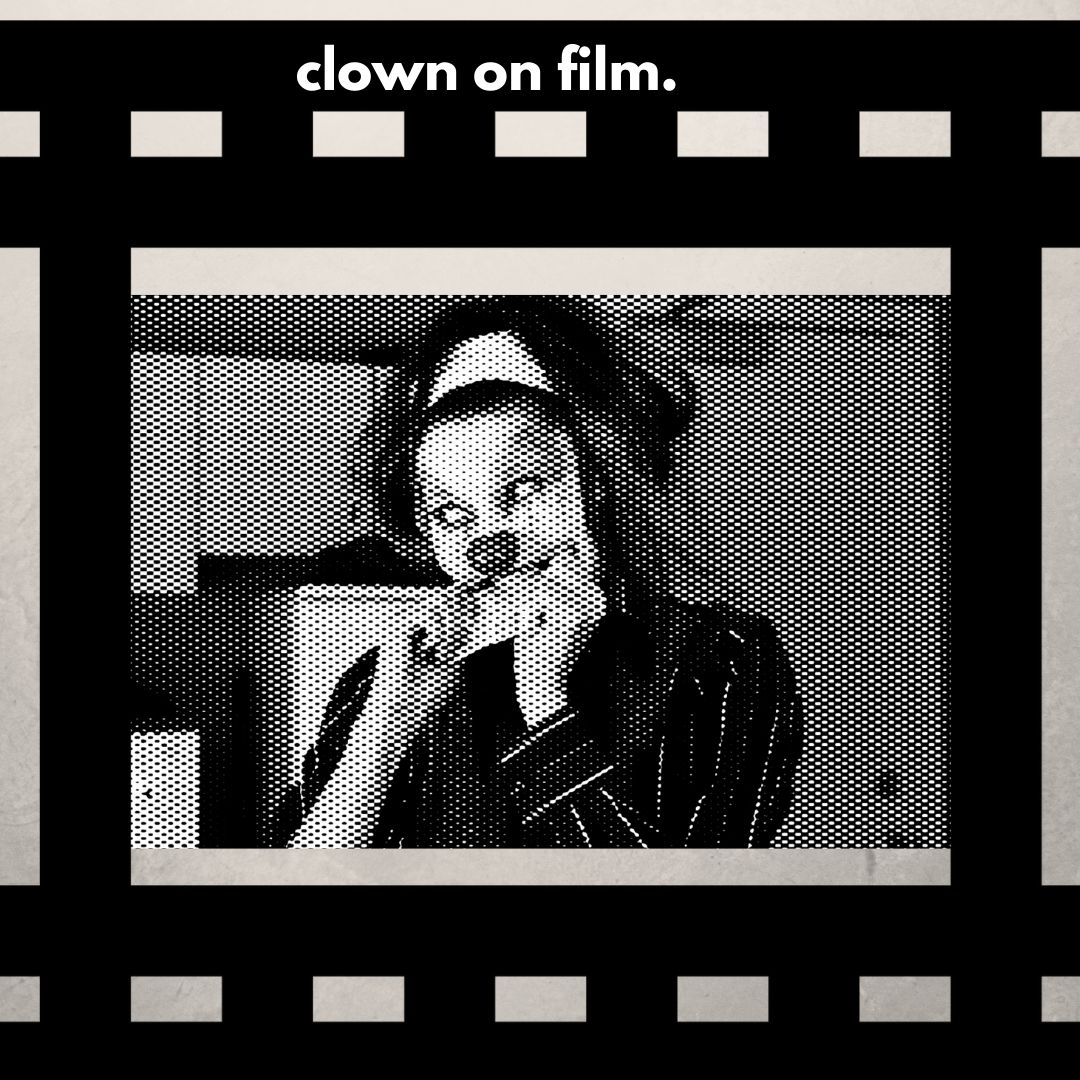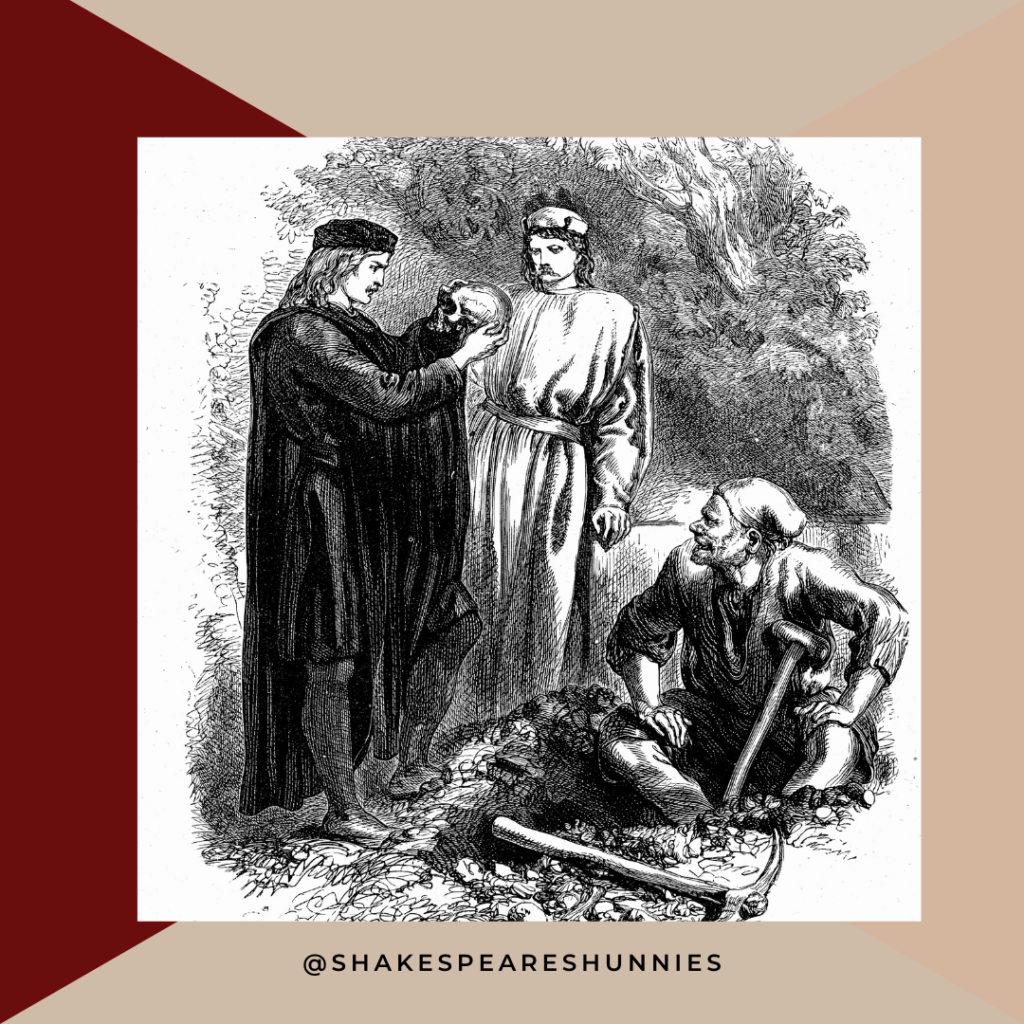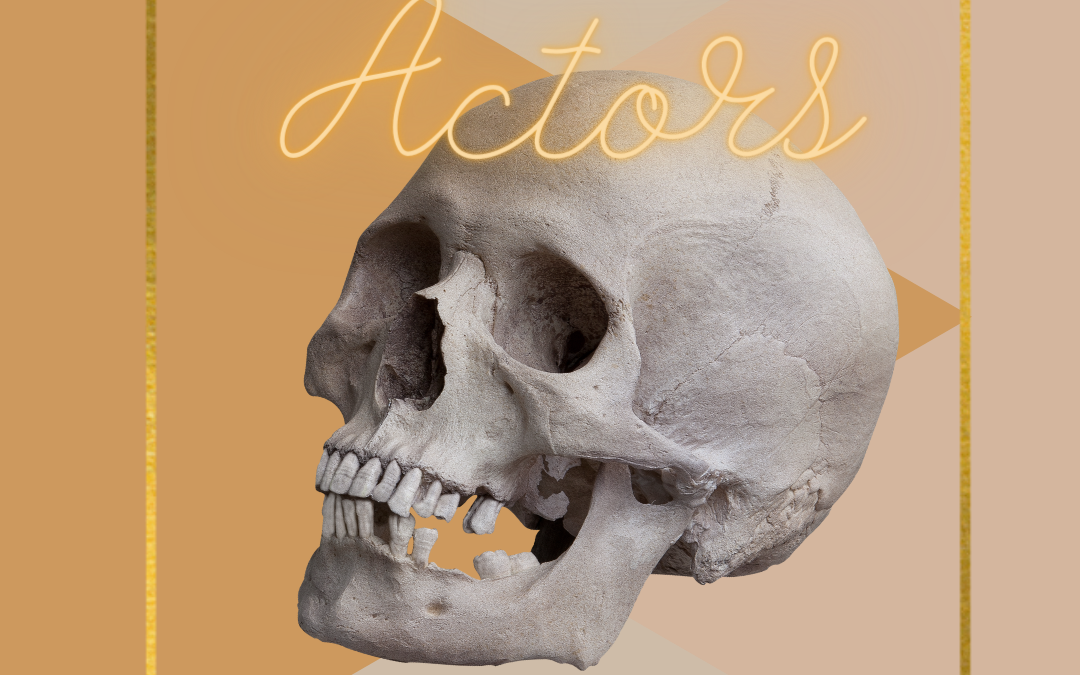
EMERGING ARTIST
March 1, 2021
TEA TIME
March 15, 2021Let’s take a look at Hamlet’s advice to his actors in Act three scene two. At this point Hamlet is directing the actors to speak from an authentic place. It is very important that folks do not just merely think this is just a play but actually to condemn his uncle and hopefully cause him guilt for murdering his brother, Hamlet’s father. It is thought that this is actually Shakespeare’s advice to actors as an actor himself. I think that would make because every writer does speak through his characters and reveals aspects of his own opinions.
With that in mind, Patsy Rodenburg’s book Speaking Shakespeare she breakdown plainly how Shakespeare’s text is spoken from a place that begins from the ground up. Breathing deeply from our feet to the pelvic area and then like arch up and forward from the body from our mouths. So that the text can flow “freely and be heard deeply” as Rodenburg described.
There’s about eight points Hamlet makes that I found very useful for us actors today! I’ll be sharing six of them :)))

Hamlet’s advice to the players (original text)
(Act 3 Scene 2)
Speak the speech, I pray you, as I pronounced it to
you, trippingly on the tongue: but if you mouth it,
as many of your players do, I had as lief the
town-crier spoke my lines. Nor do not saw the air
too much with your hand, thus, but use all gently;
for in the very torrent, tempest, and, as I may say,
the whirlwind of passion, you must acquire and beget
a temperance that may give it smoothness. O, it
offends me to the soul to hear a robustious
periwig-pated fellow tear a passion to tatters, to
very rags, to split the ears of the groundlings, who
for the most part are capable of nothing but
inexplicable dumbshows and noise: I would have such
a fellow whipped for o’erdoing Termagant; it
out-herods Herod: pray you, avoid it.
- Ar-ti-cu-la-tion! He asks for clarity in the articulators in our speech without that the text would not make any sense. “tripping on the tongue” especially now when we have a barrier over our mouths we have been lazy with our consonants and “ds” and “ts” and endings of our words drop.
- Over-enunciating is over done. Though we are articulating try not to draw out each word then the audience will get so caught up on how you are talking then what you are talking about.
- “Nor do not saw the air too much with your hand“, we are all guilty of doing this meaningless hand gestures and shiftiness in our bodies. This is something we do as amateur actors when we have not settled into our character’s body and centred ourselves. Remember second circle!

Be not too tame neither, but let your own discretion
be your tutor: suit the action to the word, the
word to the action; with this special o’erstep not
the modesty of nature: for any thing so overdone is
from the purpose of playing, whose end, both at the
first and now, was and is, to hold, as ’twere, the
mirror up to nature; to show virtue her own feature,
scorn her own image, and the very age and body of
the time his form and pressure. Now this overdone,
or come tardy off, though it make the unskilful
laugh, cannot but make the judicious grieve; the
censure of the which one must in your allowance
o’erweigh a whole theatre of others. O, there be
players that I have seen play, and heard others
praise, and that highly, not to speak it profanely,
that, neither having the accent of Christians nor
the gait of Christian, pagan, nor man, have so
strutted and bellowed that I have thought some of
nature’s journeymen had made men and not made them
well, they imitated humanity so abominably.
4. Vocal pushing, and vocal fry happens to us all. The character is “robustious” so in the actor’s mind they think push that out and speak from the throat causing a lot of strain in the jaw, neck and throat leaving you spent and not ready to hold this up for next couple of shows. Practice deep breathing, and speaking from the belly lower.
5. Projecting is important! Projecting and vocal pushing are two different things, one is actually speaking from a centred and abundance of room in the breath while the other leaves you regretting it after.
O, reform it altogether. And let those that play
your clowns speak no more than is set down for them;
for there be of them that will themselves laugh, to
set on some quantity of barren spectators to laugh
too; though, in the mean time, some necessary
question of the play be then to be considered:
that’s villanous, and shows a most pitiful ambition
in the fool that uses it. Go, make you ready.
6. Don’t ad lib and improvise words. Its important to learn the text accurately.
And there you have it Hunnies Hamlet’s advice for performers like you! I hope you enjoyed today’s blog post there will be many like these to come about techniques. Check out our last blog about Second Circle if you have not already to learn more about readiness in the body.




